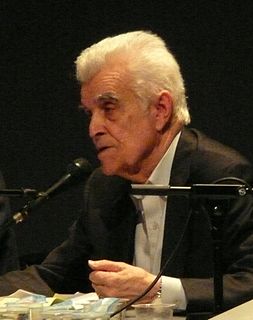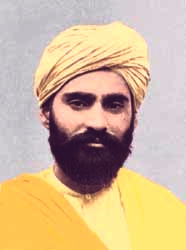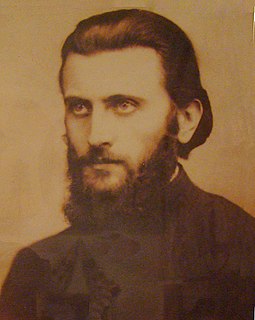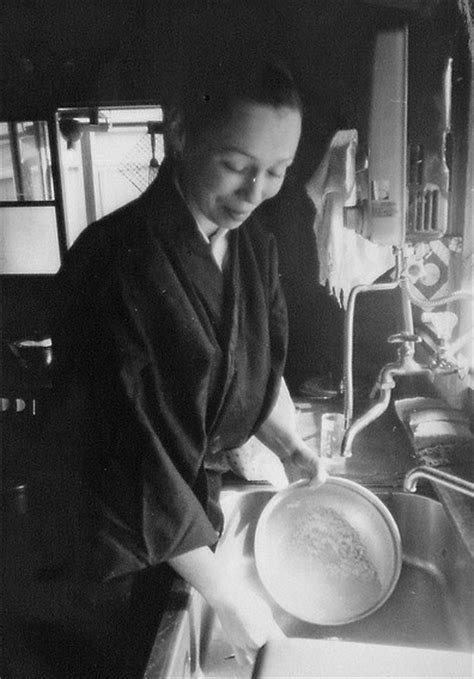A Quote by Nhat Hanh
Fear is born from ignorance. We think that the other person is trying to take away something from us. But if we look deeply, we see that the desire of the other person is exactly our own desire - to have peace, to be able to have a chance to live.
Related Quotes
Anger is like a storm rising up from the bottom of your consciousness. When you feel it coming, turn your focus to your breath. Breathe in deeply to bring your mind home to your body. Then look at, or think of, the person triggering this emotion: with mindfulness, you can see that they are unhappy and suffering. You can see their wrong perceptions. You'll feel motivated by a desire to say or do something to help the other person suffer less. This means compassionate energy has been born in your heart. And when compassion appears, anger is deleted.
It is not merely our own desire but the desire of Christ in His Spirit that drives us to grow in love. Those who seldom or never feel in their hearts the desire for the love of God and other men, and who do not thirst for the pure waters of desire which are poured out in us by the strong, living God, are usually those who have drunk from other rivers or have dug for themselves broken cisterns.
There was this interesting quote: try and live your life without fear and desire. It's this concept that's like when you look at a painting in a museum and you are held in aesthetic arrest. So the I, the ego, is stripped, is gone. The observer and thing become one. That's where fear and desire come in because you don't want to own it, possess it, desire it, and it's not moving you to fear. It's like you're in this harmonious state with the object.
Vanity, fear, desire, competition - all such distortions within our own egos - condition our vision of those in relation to us. Add to those distortions to our own egos the corresponding distortions in the egos of others, and you see how cloudy the glass must become through which we look at each other.
The word desire suggests that there is something we do not have. If we have everything already, then there can be no desire, for there is nothing left to want. I think that what the Buddha may have been trying to tell us is that we have it all, each of us, all the time; therefore, desire is simply unnecessary.
Are not our desires inseparably intertwined with the continuation of life? Even the idea of eliminating desire is fruitless. The desire to eliminate all desire is still itself a desire. How can we find release and peace by replacing one desire with another? Surely we shall find peace not by eliminating desire, but by finding its fulfillment and satisfaction in the One who created it.
Human beings are not our enemy. Our enemy is not the other person. Our enemy is the violence, ignorance, and injustice in us and in the other person. When we are armed with compassion and understanding, we fight not against other people, but against the tendency to invade, to dominate, and to exploit.
I don't know if anyone has noticed but I only ever write about one thing: being alone. The fear of being alone, the desire to not be alone, the attempts we make to find our person, to keep our person, to convince our person to not leave us alone, the joy of being with our person and thus no longer alone, the devastation of being left alone. The need to hear the words: You are not alone.
We often see people every day searching in the wrong places for the things they desire. Too many of our fellow humans try to find peace and happiness in drugs, alcohol, and sensual excitement. And it doesn't work. If we desire peace, the first place to look is within ourselves. Peace isn't an external condition as much as an internal context.
There is within the hearts of people a deep desire for peace on earth, and they would speak for peace if they were not bound by apathy, by ignorance, by fear. It is the job of the peacemakers to inspire them from their apathy, to dispel their ignorance with truth, to allay their fear with faith that God's laws work - and work for good.


























